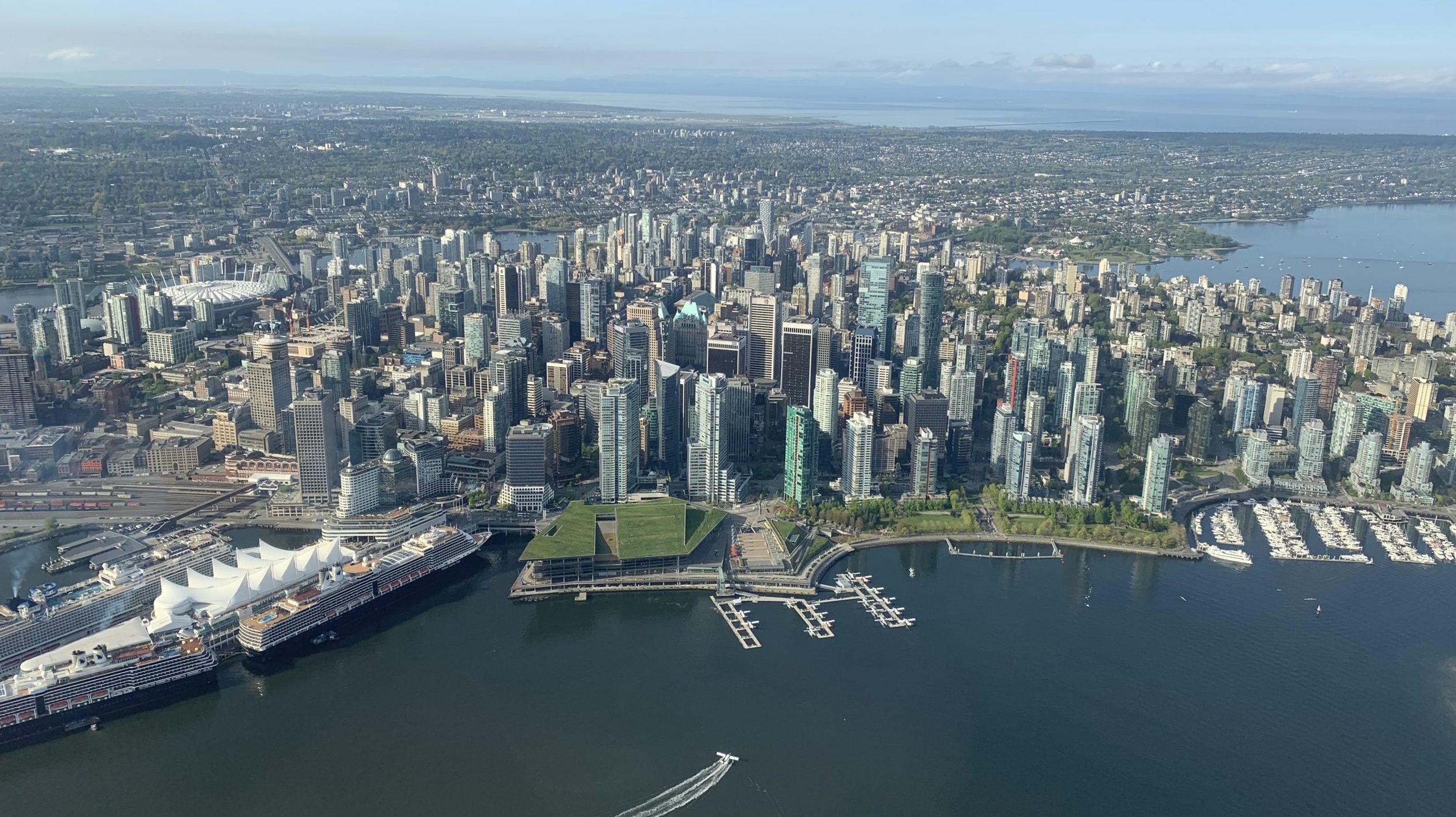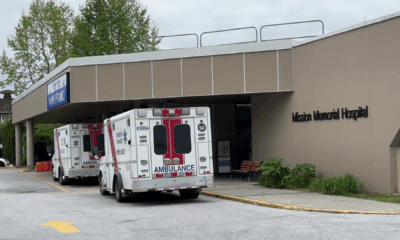Local News
B.C. to address sub-par schools that target international students

The B.C. government is set to unveil a strategy it says will ensure private training institutes and other post-secondary institutions that cater to international students actually provide the quality education they’re promising.
Advanced Education Minister Selina Robinson tells The Leader Spirit the province will soon announce a “suite of actions” that she claims will significantly increase quality standards in international education.
“We started taking a look at what steps we needed to take as a government to reign in the bad actors, to take a look at the standards, to look at transparency, to look at accountability, to make sure that international students were getting the education they were paying for,” she explained.
It’s not clear what the actions will entail, but they come after the federal government announced a two-year cap on international student admissions. The federal immigration minister said he hoped the cap would give governments time to curb a system he said is taking advantage of high international student tuition while providing, in some cases, a poor education.
Immigration lawyer Will Tao says he’s worked with some students who have applied for study visas and come to B.C., only to find out their college is in a strip mall or plaza and offered a sub-par education.
“They get trapped in this situation where they’re not happy with their education but in order to switch statuses then they have to find an employer who, often times, knows about these situations and can hold these things against them. So it kind of spirals,” Tao explained.
Robinson says she, too, has heard stories from international students who’ve found themselves in similarly disappointing and concerning situations.
“They go up the flight of stairs, they enter a classroom, there’s a handful of students, and they’re told this is great … ‘Nice to meet you, all of the rest of the instruction for this course is online,’ after they were told there would be in-class instruction,” she recalled of one example.
“Or students who are told that, with these fees, you get housing. But the way they deliver that is they give you a list of places to go and check out on your own to see if you can rent. It’s that kind of misrepresentation that recruiters can sometimes engage in.”
Tao says it’s interesting that shady school practices “haven’t caught the attention of the authorities” or government agencies, but notes that will likely “follow in due course.”
In some cases, government agencies were only made aware of certain questionable institutions until The Leader Spirit inquired.
Tao tells The Leader Spirit a lot of these troubling stories start with agents abroad who work to recruit students.
“Unfortunately, the way immigration works for a lot of folks, the starting point … the main pathway is through these education agents, and these individuals do not have immigration licences and they get, essentially, paid when they are able to place students into these programs,” Tao explained.
“Traditionally, there are public institutions and there are private institutions. The private institutions themselves don’t support what is called the Post-Graduate Work Permit … essentially, these programs maybe have lower standards. But again, it’s a mix, and there are some that are actually quite good … But there are definitely a bunch of them that are sub-standard and individuals go to these programs with the hopes of possibly converting to a work permit or, in some cases, to a public institution so they can pursue the actual Post-Graduate Work Permits.”
‘It’s the promise of a new opportunity in Canada’
Once the students are placed, agents get paid, Tao notes, adding “students themselves and the parents often go along because it’s the promise of a new opportunity in Canada.”
But they don’t know, in many cases, that the opportunities they’ve been promised are not as they seem.
Robinson says when it comes to recruiters, she wants to see all governments collaborate to end predatory practices that are often reported.
“So that we’re using all the tools that are at our disposal to address these egregious practices that really take advantage of people, that hurt people, and we’re really committed to working together with Minister Miller,” she said, adding she’s spoken with Miller to address the matter.
“We have an agreement to make sure that we are working better together to make sure that students are well protected and have the opportunity to be successful here in Canada.”
Some advocates have criticized the federal government’s cap on student visas over the next couple of years, saying they feel international students are being used as scapegoats for major economic pressures outside their control, at a time when they too are navigating a cost of living crisis.
Migrant Worker Alliance for Change says the federal government would be better off targeting shady schools.












